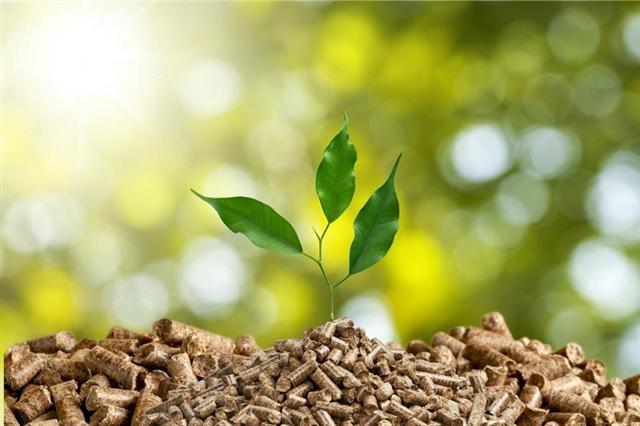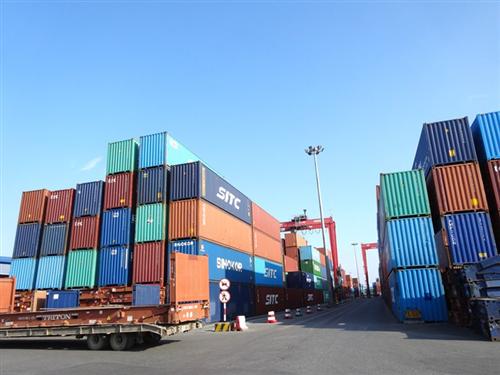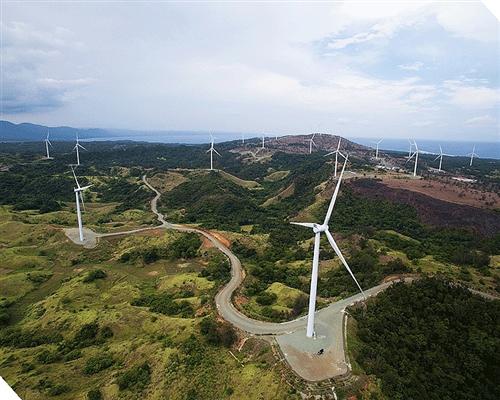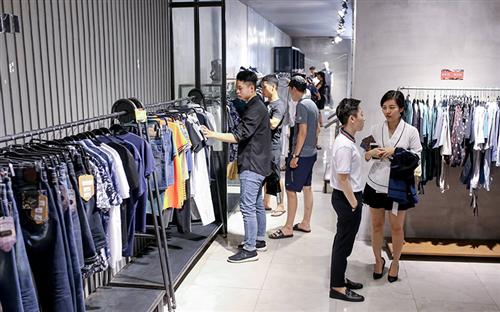Vietnam raises biomass power prices to attract investment
Vietnam raises biomass power prices to attract investment
The increase in biomass power prices is a big move to boost capacity of this energy source to 3,000 MW by 2030.
Vietnam has decided to increase the feed-in-tariff (FIT) for biomas power projects to VND1,634/kWh (7.03 US cents) for co-generation heat power projects and VND1,968/kWh (8.47 US cents) for other types of biomass projects.
The adjustment in FIT was stated in a decision dated on March 5 by the prime minister on amending and supplementing part of decision issued on March 24, 2014.
The tariff is exclusive of value added tax (VAT) and calculated at the central exchange rate of Vietnam dong to US dollar.

Vietnam expects to raise biomass capacity to 3,000 MW by 2030
|
Commenting on the move, Deutsche Gesellschaft für Internationale Zusammenarbeit (GIZ) GmbH highly appreciates the adjustment, saying it is an utmost important foundation to attract more investment in the biomass electricity sector.
The move enables the country to achieve the objectives of the revised Power Development Plan VII by 2030 in which biomass electricity capacity is set to reach 660 MW in 2020, 1,200 MW in 2025, and 3,000 MW in 2030. In 2019, only 175 MW of installed biomass capacity were feeding into the grid.
Over the past years, GIZ, through the EU‐Vietnam Energy Facility (EVEF), has supported the Ministry of Industry and Trade (MOIT) in recent years in the calculation of biomass tariff, including: (1) Summarize international experience as well as assess biomass market in Vietnam and around the world; (2) Develop a calculation model and calculate the feed-in tariff for co-generation heat power projects (sugarcane), and other biomass sources (agricultural by-products and wood chips); (3) Analyze the possibility of applying tariff for co-firing; (4) Assess the impact of the new feed-in tariff of biomass power on retail electricity prices; and (5) Support the Electricity and Renewable Energy Authority (EREA) in developing draft proposal, decision, etc. and assist EREA in revising proposal.
GIZ has been also working with its political partner Electricity Regulatory Authority of Vietnam (ERAV) under the MOIT since 2019 to implement the “Climate Protection through Sustainable Bioenergy Markets in Vietnam” (BEM) to improve the preconditions for a sustainable use of biomass for electricity and heat generation in the country.
Mr. Sven Ernedal, director of Renewable Energy and Energy Efficiency Project (4E)/EVEF, Energy Support Program (ESP), said: “Vietnam has great potential for biomass, which can be exploited for produce energy, especially electricity. The decision of the Government of Vietnam to create favorable conditions for biomass power development will help the country to reduce greenhouse gas emissions, create more green jobs, improve security and quality of electricity supply, as well as enhance the competitiveness of the sugar industry by increasing revenue for sugar companies, increasing efficiency, and reducing waste.
Biomass energy plays a very important role in fulfilling Vietnam’s Nationally Determined Contribution (NDC) commitment, green growth strategy and SDGs. This renewable energy source will help Vietnam meet the growing energy demand as the economy continues to grow.”
Mr. Tobias Cossen, director of Sustainable Bioenergy Markets (BEM), Energy Support Program (ESP), added “In regard to renewable energy policy in Vietnam, all attention has been especially on solar but also on wind energy and its future development lately. The increase of the tariff for biomass is a very positive signal from the government showing that bioenergy will have its place in the future energy matrix by utilizing biomass which is available either way (e.g. bagasse).






















